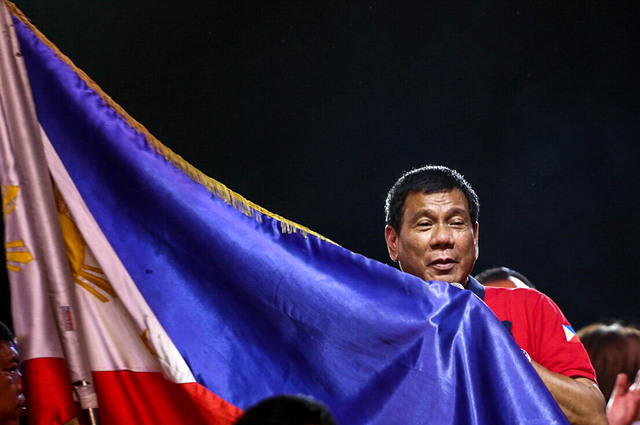The incoming President of the Republic of the Philippines, Pres. Duterte orders his newly-appointed Chief Presidential Legal Adviser, Atty. Salvador Panelo to ensure the distribution of the controversial coco levy funds worth P71-billion to the farmers. The order of Pres. Duterte to Panelo was revealed on social media by incoming Agriculture Sec. Manny Piñol.

On social media or the official Facebook account of the former North Cotabato Gov. Manny Piñol, the distribution of coco levy funds to all farmer is an emotional issue for the coconut farmers including his mother as he noted that the funds should be given to all farmers who really deserved the funds allegedly used by one of the wealthiest and influential politician Danding Coquangco.
The statement of Pres. Duterte ordering Panelo to prioritize the distribution of the coco levy funds was revealed during the first-ever Cabinet meeting of Mayor Duterte with his Cabinet members at the Philippine International Convention Center (PICC) on Wednesday night.
The controversial coco levy funds was imposed on coconut farmers during the administration of the late President Ferdinand Marcos. Based upon the data gathered by various news media organization in the country, the coco levy fund has reached P93 billion, and that P74 billion has been remitted to the Bureau of Treasury.
During the election campaign period Mayor Rody Duterte promised to released the P71 billion coco levy funds during his first 100 days in office as President of the Republic of the Philippines.
According to Manny Piñol, the directive of Pres. Duterte was made after he talked his plans for the coconut industry during the first Cabinet Meeting of the Duterte Cabinet in Metro Manila. Piñol revealed that he had already spoken to the officials of the Philippine Coconut Authority (PCA) about the six-year, 600,000-hectare coconut planting program of the Duterte administration.
Piñol has already drafted the proposal for the project, initially called Coconut Productivity and Rehabilitation Agenda (COPRA). It aims to regain the country’s status as the number one coconut producer in the world. For this program, farmers will be granted a soft loan or a “plant now, pay later” scheme for coconut seedlings, fertilizers, and irrigation equipment. Introduction of secondary crops like abaca, cacao, coffee, and black pepper will also be incorporated with the coconut planting program.
